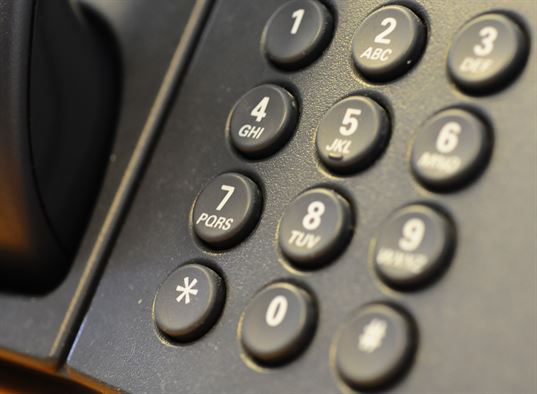
I write about this constantly and have been neglectful about this myself – look at your phone bill.
The whole bill.
You would be surprised at some things you are being charged for. And you may have a tough time finding your bill – many phone carriers are no longer sending bills – they simply invoice your credit card or send you an invoice with no detail (you may have to login to your account to get your detailed invoice).
All phone bills will have a variety of taxes/fees such as Federal Universal Fund, e911, State Communications Tax (Florida), Gross Receipts Tax (Florida) among others (other states may have different charges). If you see charges on your bill that you don’t know what they are for, call to find out. Some things we often see on customers’ bills are:
Other Charges – this section is common for bills from 3rd parties and may reference things such as online advertising, voice mail service, web advertising, etc. In most cases, these were added by other parties without your permission and can simply be removed by calling them.
Equipment charges or rental – if you see charges like this, you should find out exactly what they are for – they may be legitimate, but sometimes they are not. Often, we see customers who have upgraded their service are still paying equipment fees for service that was disconnected, or duplicate equipment charges.
Taxes/fees you don’t recognize – besides the standard taxes/fees, ask your provider about any other such surcharges and get a full explanation of why they are on there and what they are for.
Paper Billing fees – give me a break. Stop with the paper bills and save the money if they are going to charge you.
Electronic Billing fees – lol. So your carrier convinced you to get away from paper billing and now charges you for emailing it to you.
International calls – if you have international calls on your bill, check to make sure they are calls you need to be making or were for business reasons. If not, block International calling or require an access code.
One-time fees – sometimes you may see a bill go up dramatically and have a one-time special charge on them. You should immediately find out what these are for and who approved it.
Landlines – many carriers are trying to get out of the legacy copper, analog phone line business. One thing they are doing it is by raising their rates – customers will either move off it to their newer services, or pay the exorbitant rates.
Past Due balances – Amazingly, this is the most common complaint we get. It goes like this “I signed a contract for $500 and my bill is now $1,000/month! What happened?!”. In pretty much every case, the customer is not paying their bill timely and they are looking at the total amount owed instead of ‘current monthly charges’. This is not a telephone company billing issue, this is an AP department issue.
Phone bills can be confusing. If you have a question on your bill, ask ComRes for help. It’s free and we are happy to help. Don’t overpay!








